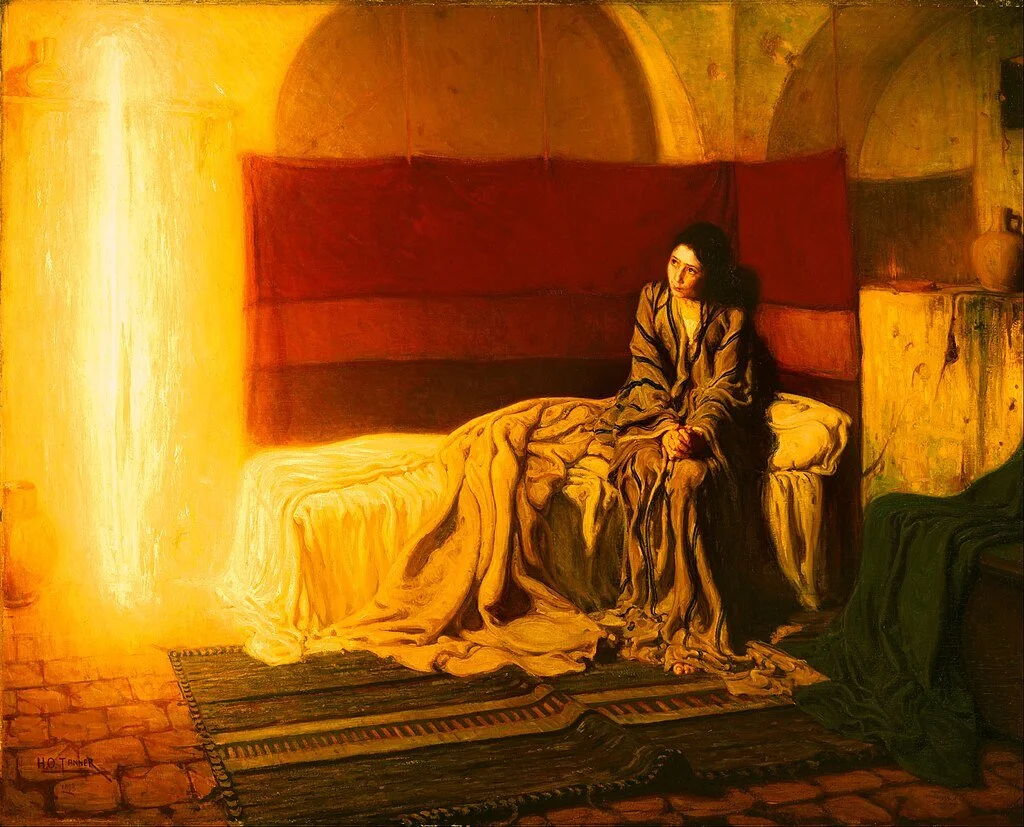The Genealogies of Modernity Journal
On Not Counting on the Katechon, Part II
“All the past incarnations of the katechon have resulted culturally in a progressive, step-by-step demystification of the nature of violence itself, bringing to the surface its mimetic and cyclic nature. Are we not at the point where the very discussion of the katechon involves an understanding of this nature and the actual unsustainability of violent solutions?”
Anthony Bartlett offers a genealogy of the katechon
History Wobbles
Human history is human above all other things, and human beings are not merely predictable. And that is why we should be cautious in our trend-spotting and forecasting.
Duncan Reyburn on Chesterton and the wobbliness of time
Nuclear Counterfactuals: Part II
Truman’s decision was an inevitably flawed human attempt to come to grips with a wicked problem, in the absence of perfect knowledge and in the full knowledge that the stakes were world-historical in significance.
Andrew Latham on counterfactuals and the atom bomb
Hiroshima and Nuclear Counterfactuals
Counterfactual history allows us to sharpen our judgment by juxtaposing what did happen with what could have happened.
Andrew Latham on thinking through counterfactuals and the bombing of Hiroshima
Retelling the Human Story
The crisis of deep history is a crisis for our modern self-understanding, and a short chronology of human civilization is no longer adequate for explaining our place in the world.
Evan Kuehn on the need for a longer view of history
Giving Utopia Its Due
Abjuring the legacy of utopianism distances us from one of the prime affective and intellectual forces motivating such modern ideals as popular sovereignty, human rights, and social progress.
Daniel Cunningham on the need for utopias
The Crisis of Historicism as a Crisis of Deep History
The crisis for historicism was its inability to hold together a single human story in the wake of its demolition effect on older sacred narratives.
Evan Kuehn engages Ernst Troeltsch on deep and sacred history
The Raft of History: Hebrew Prophets as German Philosophers
They assembled a view of history as a raft to navigate the challenges of their modern world. As the 20th century wore on… that raft looked less and less secure, not stable enough to keep them afloat.
Paul Kurtz on liberal Christianity and the philosophy of history
Theologies of History: Hebrew Prophets and German Protestants
For these readers of the Bible, the prophets were no longer predicters of the future—messianic or otherwise—but interpreters of God in past and present.
Paul Michael Kurtz on the German theorist of Jewish history












